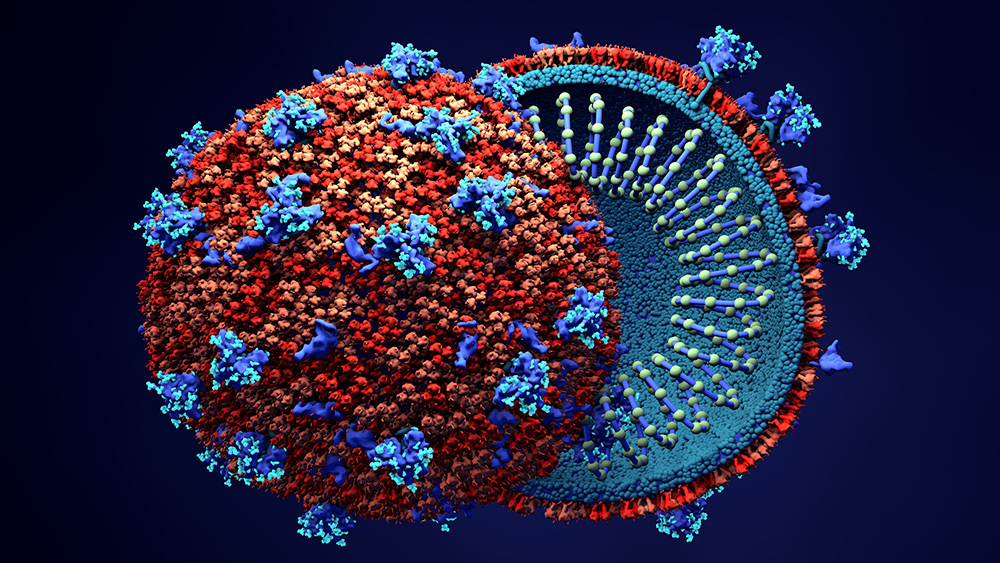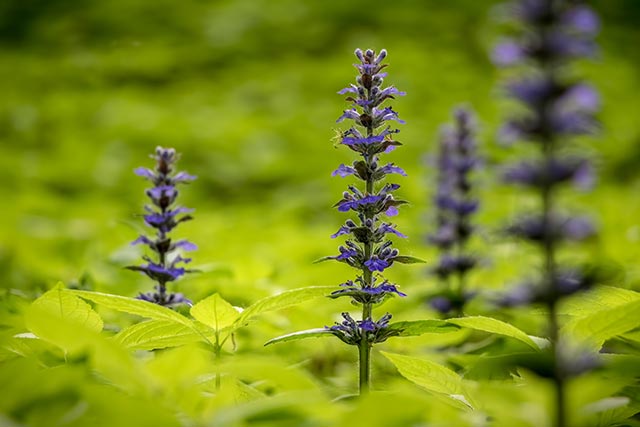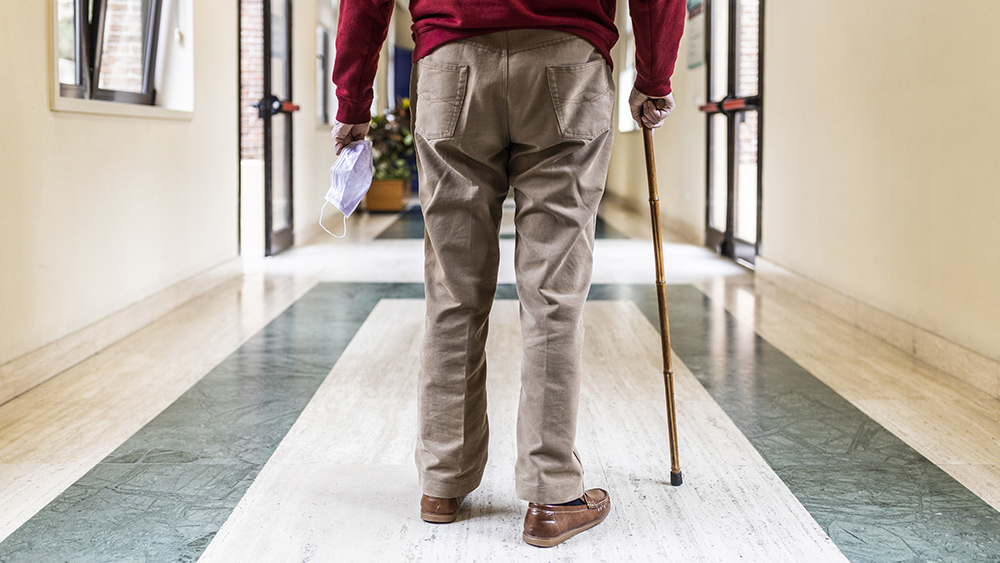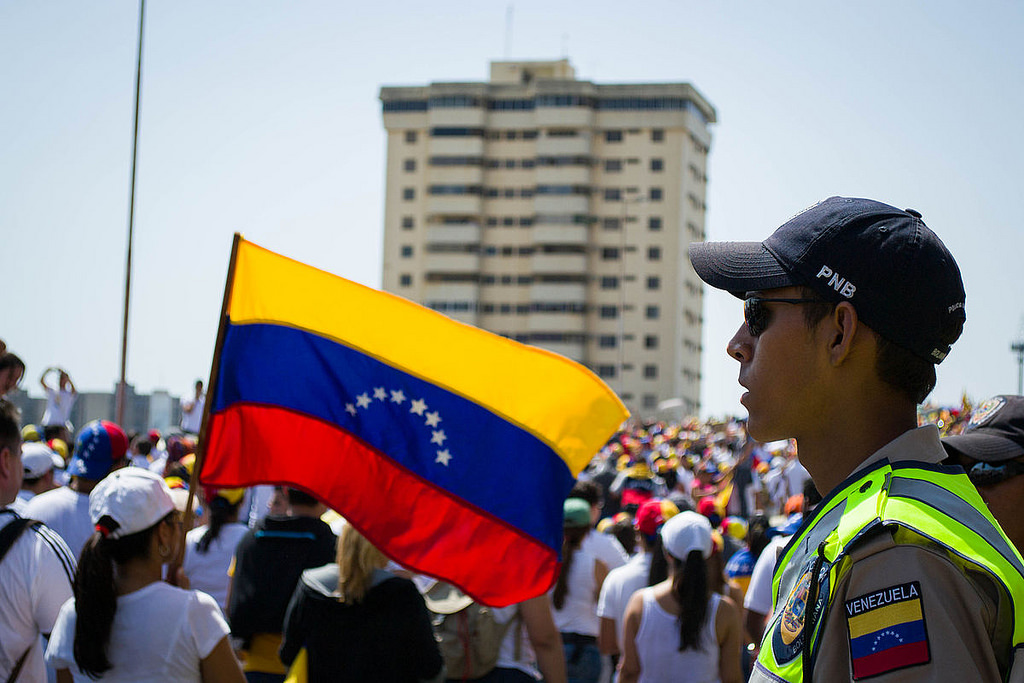Scientists warn: Antibodies your body makes to fight the coronavirus don’t last long
06/21/2020 / By Franz Walker

Antibodies that can supposedly grant immunity from COVID-19 have been the linchpin of many strategies to fight the ongoing pandemic. A new study, however, looks to put a damper on those plans.
Published on the journal Nature Medicine, this new study suggests that antibodies that the immune system produces against the coronavirus may last only two to three months.
Antibodies don’t last that long
Antibodies that can fight other coronaviruses, such as those that cause SARS and MERS, are thought to last for about a year. Based on this, scientists were hoping that antibodies against the Wuhan coronavirus (SARS-CoV-2) would last at least as long.
Chinese researchers looked at 37 asymptomatic people and compared them to an equal number of people who had symptoms from the Wanzhou District in central China.
Several studies have shown that people who are most visibly ill with COVID-19 develop antibodies against the disease. This new study, however, is the first to look at the immune response of asymptomatic people.
The researchers found that the asymptomatic people did produce antibodies; however, their immune response was weaker than in those who developed symptoms.
More importantly, the antibody levels fell to undetectable levels in 40 percent of asymptomatic people, compared to just 13 percent of those who had symptoms.
Other experts question the study
While the study shows that antibody levels dropped quickly, especially in asymptomatic people, several experts cautioned that this doesn’t necessarily mean that people can get infected a second time.
These experts pointed out that the researchers did not into account the protection offered by immune cells that may fight the coronavirus on their own or produce new antibodies when they detect the virus.
Studies have already shown that the coronavirus triggers a cellular immune response, that is both robust and protective.
“Most people are generally not aware of T cell immunity, and so much of the conversation has focused on antibody levels,” said Columbia University virologist Angela Rasmussen.
Aside from virus-killing T cells, infected people also make so-called memory B cells, which can rapidly ramp up antibody production should they detect the coronavirus again.
Current immunity strategies may need rethinking
The results of the study cast doubt on the proposal for “immunity passports” that many experts, including those in the World Health Organization (WHO), have proposed.
With “immunity passports,” people who have been confirmed to have immunity against the coronavirus, either through antibody testing or because they’ve recovered from the disease, will be allowed to return to normal life.
The idea is that this would allow businesses to return to normal and economies to recover without having to risk a second wave of the disease — everyone who’s up and about should theoretically already be immune.
Another idea that the study shoots down is that of “herd immunity.” This concept relies on having a large enough portion of the general populace be immune to SARS-CoV-2, that it’s unable to spread to those who don’t have immunity.
Based on the study, however, these ideas won’t work since it implies that people don’t retain their immunity for very long.
Other studies do show that the immune systems of people who’ve recovered may be able to fight off the virus through other means; however, it would be reckless to just rely on these, especially as scientists still have much to learn about the disease.
Perhaps, a more responsible approach to the ongoing pandemic would be to focus on protecting people from catching the disease in the first place, providing people with protective equipment while testing and isolating those who’ve already caught it.
Sources include:
Tagged Under: antibodies, asymptomatic, China, coronavirus, covid-19, disease, Flu, herd immunity, immune system, immunity, immunity passports, infections, pandemic, superbugs, vaccines, virus, Wuhan



















